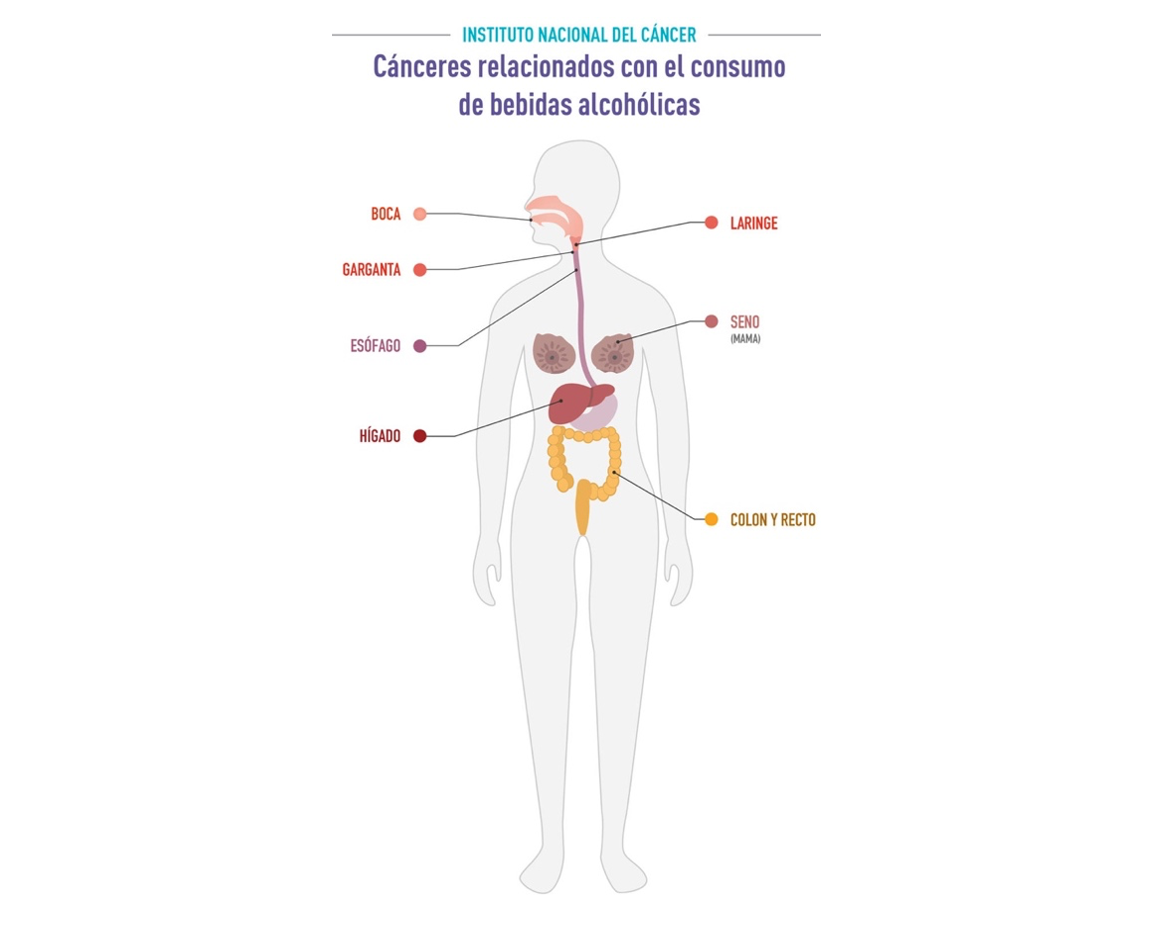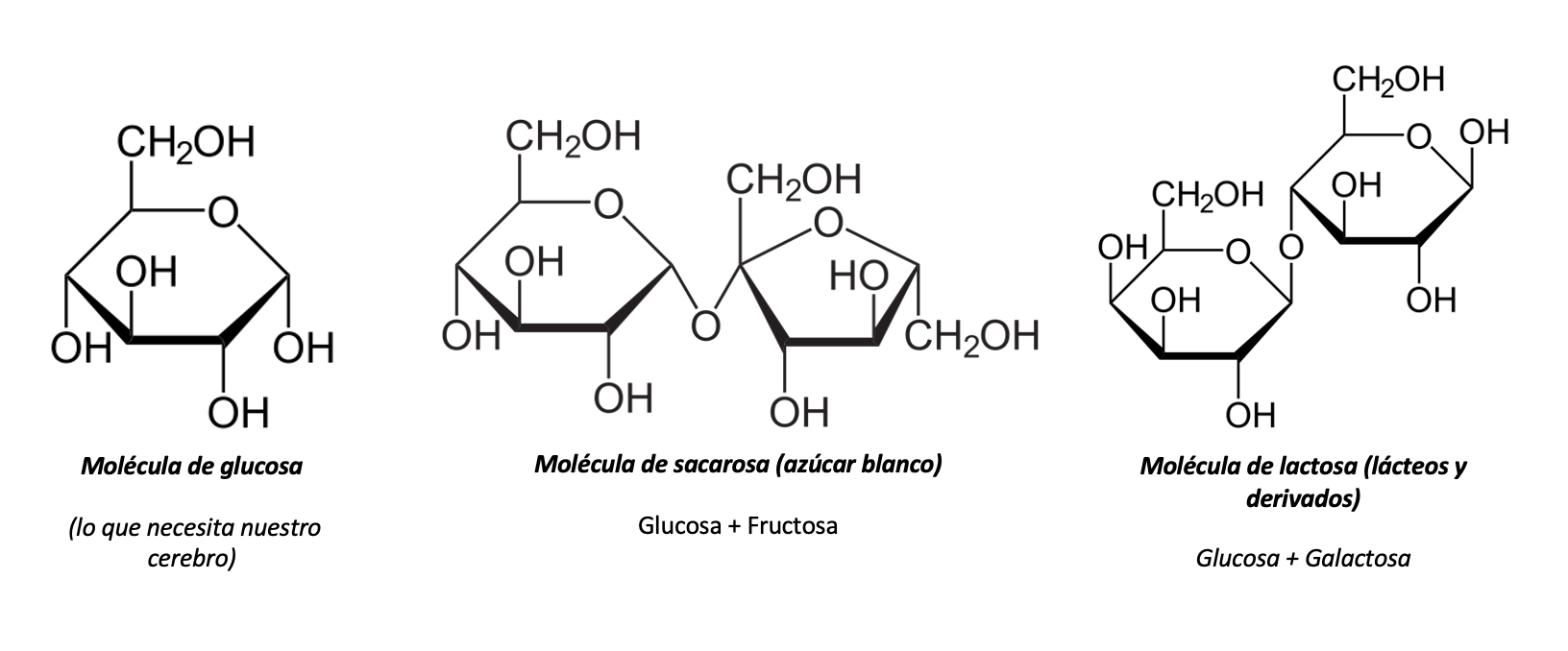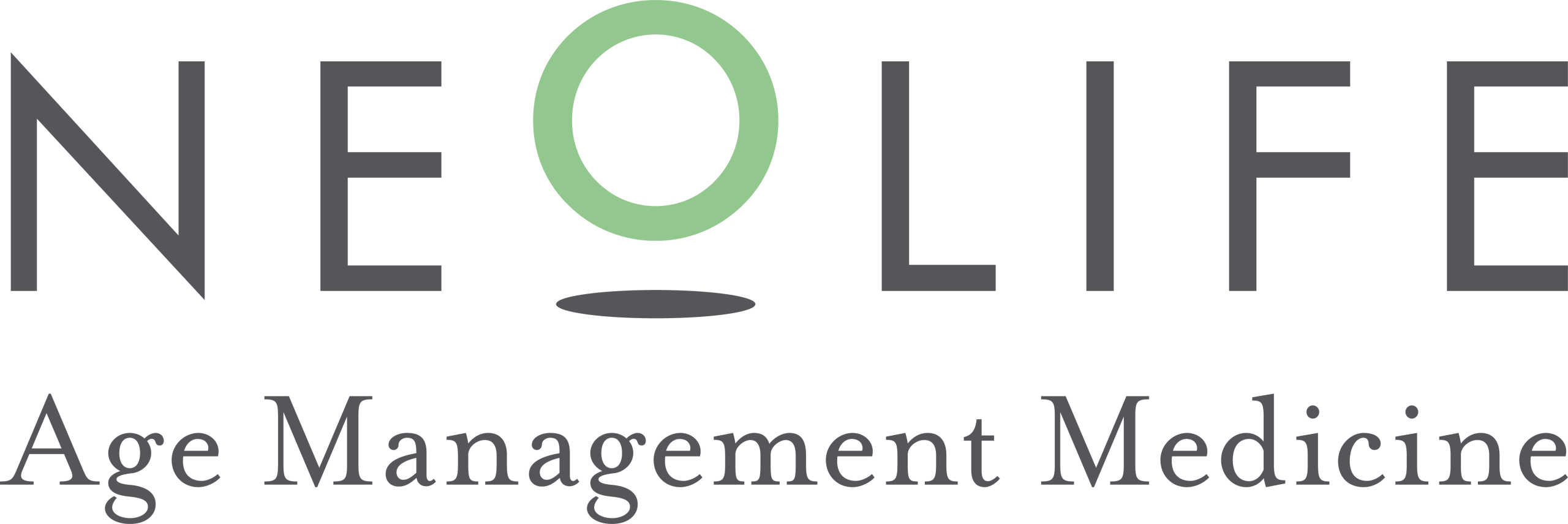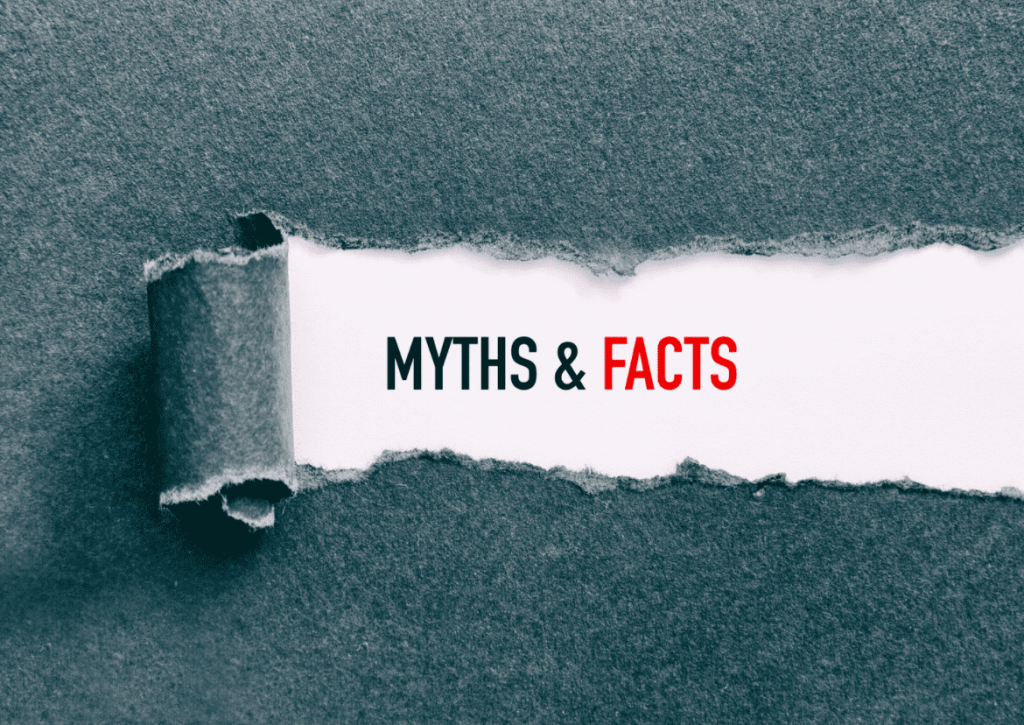Having a certain number of meals per day. Is a glass of wine healthy for your heart? Does beer hydrate? Carbs. Drinking water during meals. Is breakfast the most important meal of the day?
The multitude of beliefs that we encounter on a daily basis is frightening. When viewed through the eyes of a nutritionist, even more so. A large part of these are responsible for daily food choices, hindering an optimal body composition, the enjoyment of food and, in many occasions, even compromising the state of health.
Laura Pérez – Neolife Nutrition Unit
“Eat 5 meals a day”
This belief is widespread, especially in the context of weight loss. It is believed that by keeping the digestive system in constant operation, the metabolism is “activated” and “burning calories”.
There is some truth to this, as up to 10% of total energy expenditure is induced thermogenesis through eating. However, this is not significant, and eating more may also cause us to exceed our caloric needs.
It has been observed that periods of fasting improve symptoms of gas and abdominal bloating because, during this period of time, the elimination of remains from previous digestions takes place. It also improves insulin resistance and regulates blood sugar (1).
It is not necessary to consider fasting for too many hours, much less days. By simply having dinner earlier and delaying breakfast, we can benefit from it.
To sum up, the frequency of intakes depends on the individual. There is no set number, as long as the requirement is covered and can be maintained over time.
We suspect that this myth has its origin in the food industry in order to encourage snacking between meals.
“It’s healthy to drink a glass of wine a day”
Alcohol is classified as a Group 1 carcinogen by the International Agency for Research on Cancer (IARC).
It has been proven that there is no safe dose and that what is considered “moderate” consumption is linked to the development of 7 types of cancer: mouth, throat (pharynx), larynx, esophagus, colon-rectum, liver, and breast (women). In this recent study (2), it has also been found that the risk increases proportionally with dose . Moreover, according to their estimates, daily consumption of a small glass of beer or a small glass of wine (up to 10 grams of alcohol) contributed to between 35,400 and 145,800 cases of cancer globally in 2020.
Moderate alcohol consumption has become a health recommendation. This is largely due to the antioxidant content present in grapes, resveratrol. However, to reach the effective amount to benefit from its heart-healthy properties, it would be necessary to consume high doses of wine and, therefore, of alcohol. These health-promoting compounds are obtained through a diet rich and in a variety of vegetables.

“Beer hydrates”
This is another example of nutritionism. This concept refers to assigning a value or property to the food itself because it contains a specific nutrient, without evaluating the whole. Although beer provides water and certain salts, it still contains alcohol, which dehydrates and, as we have seen, is carcinogenic. To stay hydrated, it’s enough to simply drink water. The exceptions are specific cases where an added electrolyte supply is required (after diarrhea, high intensity physical activity…).
“Carbs are bad or make you fat”
When people refer to carbohydrates (CH), the typical doughnut usually comes to mind, which is not a source of CH as such, but a processed food product made with several ingredients: refined flours, low quality fats, salt, and a large amount of added sugar. It is high in calories and low in nutrients.
It is not fair to lump these types of foods together with quality HC sources. A doughnut and a potato are a world apart. The latter provides a high amount of water, fiber, and complex carbohydrates and, depending on how it is cooked, it is low in calories (70 kcal/100g), very satiating, and interesting when it comes to fat loss processes.
Fat gain is a process that occurs when, over a period of time, we exceed our caloric requirements. No specific food can be attributed with slimming down or fat gaining properties.
“Drinking water during meals makes you gain weight”
Something that has zero calories cannot be blamed for excess calories. The only thing that can happen is that, if large quantities are ingested during the meal, a feeling of fullness is generated, which may be mistaken for satiety.
“Breakfast is the most important meal of the day”
Except in sports, where certain intakes are prioritized to ensure better performance and recovery, every meal we eat is equally important.
Commercials where emphasis is placed on “getting the energy to start your day” further contribute to this belief. But we mustn’t forget that the intention is to create an association between the advertised products and their consumption at breakfast. If breakfast is based on sugary cereals, cookies, or bread with margarine or diet sausages, it is preferable not to eat breakfast at all.
This myth is also related to the belief that breakfast should be high in calories and, as the day goes on, we should reduce them: “eat breakfast like a king, lunch like a prince, and dinner like a beggar”. Another myth, as it should not be taken as a general recommendation. There are people who don’t wake up with a lot of appetite and decide to have just a coffee when they wake up, or even nothing at all, and those who train in the afternoon and require more energy in subsequent meals. Individualization in this case is fundamental. Perhaps we may point out that, for a proper rest, it is preferable to have dinner early. This way the digestion process won’t interfere with the quality of sleep.
“The brain needs sugar”
The main source of energy for this organ is glucose (a type of sugar). But this molecule is not only obtained through the consumption of foods or products with added sugar (soft drinks, industrial pastries, cookies, candies, sugary desserts, etc.).
When we talk about sugar, we tend to associate it with white sugar, whose molecule (sucrose) is composed of glucose and fructose.
Therefore, if the brain needs glucose, from what other food sources can we provide it?
Through the digestion of foods containing HC such as brown rice and pasta, legumes, tubers, fruits, vegetables, and dairy products.
And even if none of the above is consumed and no glucose is provided to our body, our body is able to obtain it through metabolic processes (gluconeogenesis).

“We need to drink 2 liters of water a day”
It is difficult to give a general recommendation. This depends on age, physical activity, water loss through breathing and sweating…
Our body, through the sensation of thirst, regulates water intake. However, people who are not used to drinking enough water mistake it for hunger.
As a recommendation, do not wait until you are thirsty to drink. This is already a sign of 2-3% dehydration. Urine color is an indicator of hydration status, ideally a pale yellow. If it is too dark and concentrated, it means you need to drink more water.
Remember that we also consume water through the intake of fruits, vegetables, coffees, infusions, purees, creams, and broths.
“Your metabolism slows down over the years”
The explanation for weight gain over the years is the loss of muscle mass as a result of physical inactivity and insufficient protein intake. Therefore,it is not age or metabolism that makes people put on weight, but the loss of muscle mass, which translates into a lower energy expenditure (with age, a lower calorie intake is needed because muscle mass is lost).
The greater the muscle mass, the greater the energy needs.
“’Organic’ foods are healthier”
Foods are certified “organic” by complying with certain food production standards, such as not using the pesticides used in conventional agriculture.
Some significant differences have been observed in the intake of certain vitamins, but this is not something that can have a positive or negative impact on health, since numerous nutrients are ingested on a daily basis. We are not going to have a vitamin C deficit by consuming conventional kiwis instead of organic ones.
It is important to clarify that there are many products of low nutritional value under this certification (cookies, for example). Substituting white sugar for organic sugar does not improve or change the composition and nutritional quality. Therefore, organic doesn’t necessarily mean healthier.
BIBLIOGRAPHY
(1) Cho, Y., Hong, N., Kim, K. W., Cho, S. J., Lee, M., Lee, Y. H., Lee, Y. H., Kang, E. S., Cha, B. S., & Lee, B. W. (2019). The Effectiveness of Intermittent Fasting to Reduce Body Mass Index and Glucose Metabolism: A Systematic Review and Meta-Analysis. Journal of clinical medicine, 8(10), 1645. https://doi.org/10.3390/jcm8101645
(2) Rumgay, H., Shield, K., Charvat, H., Ferrari, P., Sornpaisarn, B., Obot, I., Islami, F., Lemmens, V., Rehm, J. y Soerjomataram, I. (2021). Carga mundial de cáncer en 2020 atribuible al consumo de alcohol: un estudio poblacional. La lanceta. Oncología, 22 (8), 1071-1080. https://doi.org/10.1016/S1470-2045(21)00279-5

